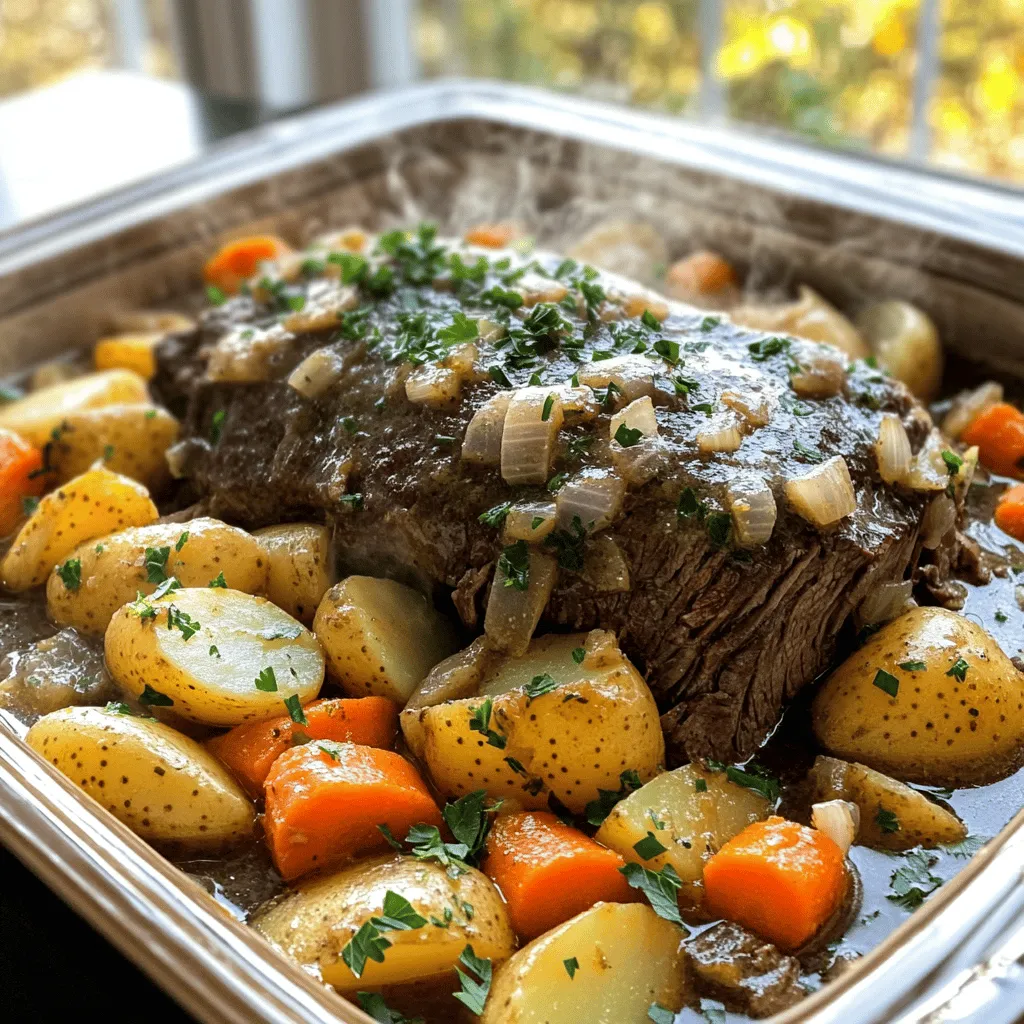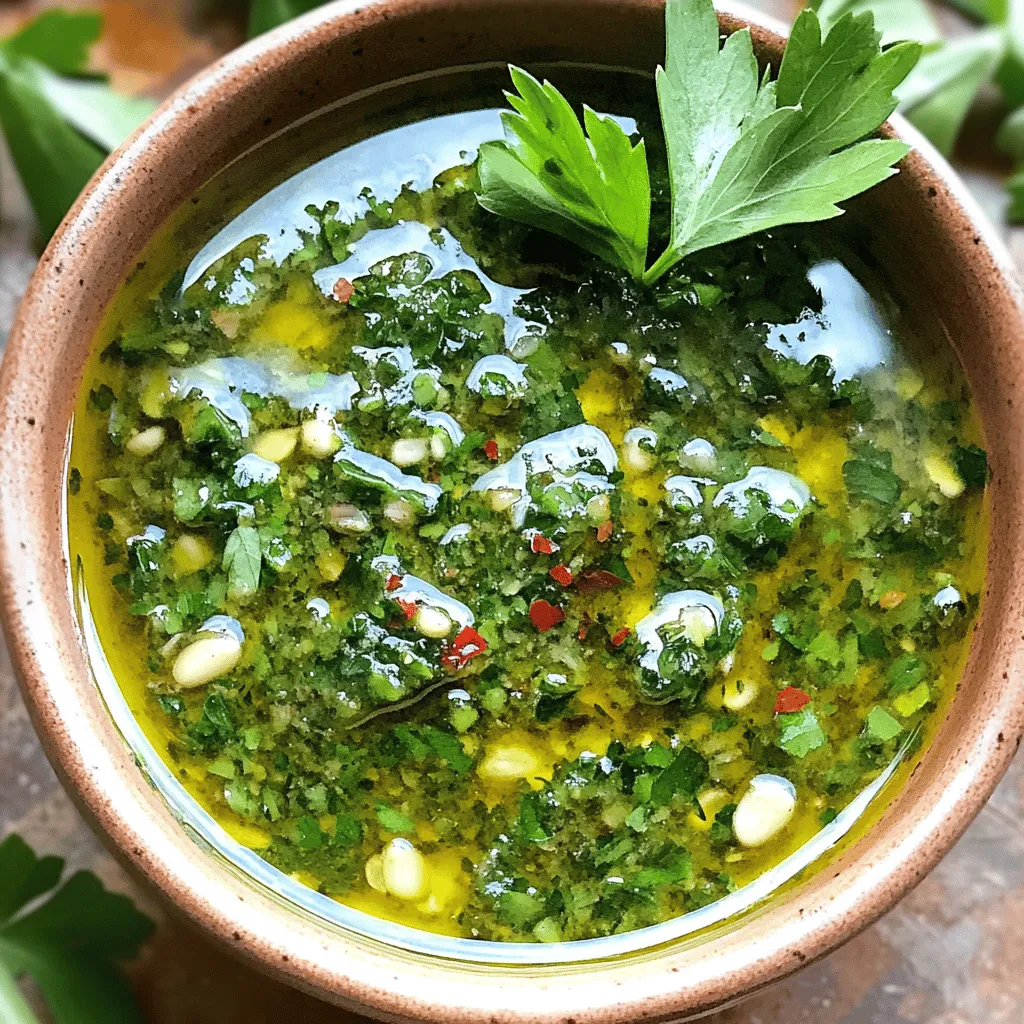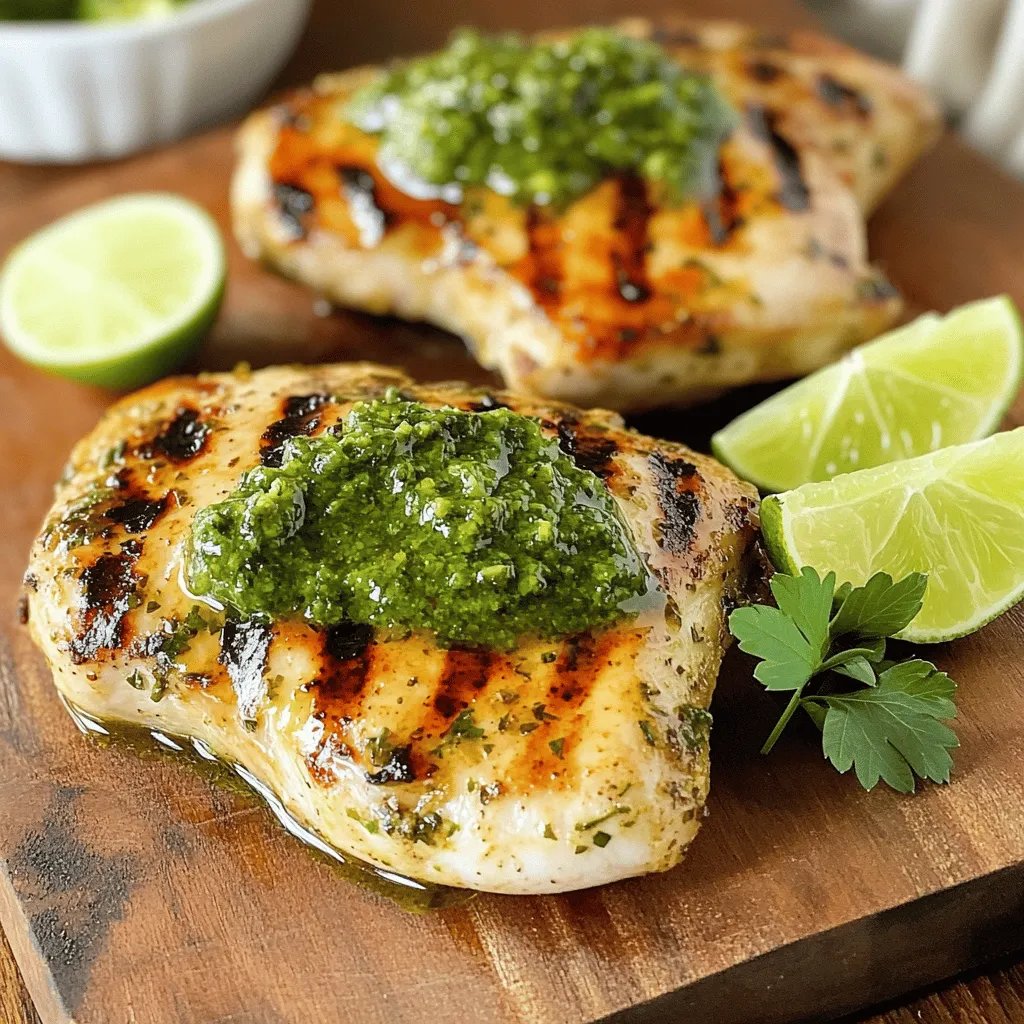Introduction
Delve into the inviting world of seafood chowder with our Creamy Delightful Seafood Chowder recipe. This rich and satisfying dish combines the ocean’s freshest treasures with a blend of vegetables and creamy goodness, making it a perfect choice for any season. Seafood chowder is a classic comfort food that warms the soul, whether it’s a chilly winter evening or a cozy summer night.
In this article, we will explore the origins of chowder, the nutritional benefits of its ingredients, and provide a step-by-step guide to creating this mouthwatering meal at home. Whether you’re a seasoned chef or a novice in the kitchen, this chowder is sure to impress your family and friends with its delightful flavors and creamy texture.
The Allure of Seafood Chowder
Understanding the History and Cultural Significance
Chowder, a term derived from the French word “chaudière,” which means cauldron, has a rich culinary tradition that dates back to the 18th century. Originally, chowder was a dish made by fishermen who cooked their catch in a large pot over an open fire, often using whatever ingredients were available at the time. This simple, hearty fare quickly became popular among coastal communities, particularly in the Northeastern United States.
There are several regional variations of chowder, each with its own unique characteristics. New England clam chowder, perhaps the most famous, is known for its creamy base and rich flavor profile, while Manhattan clam chowder takes a different route with a tomato-based broth that is both tangy and savory. The evolution of seafood chowder reflects the regional ingredients available and the cultural influences of the communities that developed these recipes over time.
Today, seafood chowder has become a beloved dish across the globe, with each region putting its own spin on the classic. From the creamy versions of New England to the spicier offerings found in the South, this dish is celebrated for its versatility and ability to showcase the best of what the sea has to offer.
The Evolution of Seafood Chowder Through Time
As chowder recipes evolved, chefs and home cooks began to experiment with various seafood combinations and cooking techniques. The traditional reliance on clams has expanded to include a variety of seafood, such as shrimp, scallops, and fish fillets. This evolution has not only made chowder more accessible but also allowed for greater creativity in flavor profiles and textures.
Moreover, the introduction of new ingredients and cooking methods has significantly influenced chowder’s development. Modern seafood chowders often incorporate ingredients like bacon for added depth, fresh herbs for brightness, and a variety of vegetables to enhance their nutritional value. These innovations have led to chowders that are not only delicious but also rich in flavor and texture, appealing to a wide range of palates.
Ingredient Spotlight
Exploring the Components of Creamy Seafood Chowder
The key to a truly delightful seafood chowder lies in its ingredients. Each component plays a crucial role in creating the depth of flavor and creamy texture that makes this dish so irresistible. Let’s take a closer look at the essential elements that come together to create our Creamy Delightful Seafood Chowder.
Mixed Seafood: Benefits of Shrimp, Scallops, and Fish Fillets
One of the highlights of seafood chowder is the variety of seafood included in the recipe. Using a mix of shrimp, scallops, and fish fillets not only adds complexity to the dish but also provides numerous health benefits. Shrimp are a great source of protein and are low in calories, making them an excellent addition to any meal. Scallops, on the other hand, are rich in vitamins and minerals, including vitamin B12 and magnesium. Fish fillets, such as cod or haddock, are packed with omega-3 fatty acids that promote heart health and reduce inflammation.
Choosing fresh, high-quality seafood is essential to achieving the best flavor in your chowder. Whenever possible, opt for sustainable seafood sources to support ocean conservation efforts.
The Role of Bacon: Adding Depth and Flavor
While seafood is the star of the show, the addition of bacon brings a savory, smoky element that elevates the overall taste of the chowder. The rendered fat from the bacon infuses the broth with a rich flavor, while the crispy bits add a delightful texture contrast. Bacon is also an excellent source of protein and can be enjoyed in moderation as part of a balanced diet.
When selecting bacon for your chowder, consider using thick-cut bacon for a meatier bite. You can also experiment with different types of bacon, such as applewood-smoked or peppered varieties, to add a unique twist to your dish.
Key Vegetables: Onions, Garlic, Potatoes, Celery, and Carrots
A well-rounded seafood chowder features a medley of vegetables that contribute both flavor and nutrition. Onions and garlic form the aromatic base of the chowder, providing a depth of flavor that enhances the overall dish. Potatoes add heartiness and creaminess, while celery and carrots contribute a subtle sweetness and crunch.
These vegetables not only boost the chowder’s flavor profile but also provide essential vitamins and minerals. Potatoes are a good source of vitamin C and potassium, while celery offers dietary fiber and antioxidants. Carrots are rich in beta-carotene, which is beneficial for eye health.
Broth Choices: Fish Stock vs. Clam Broth
The broth used in your seafood chowder is a critical component that can significantly impact the final flavor. Fish stock is a popular choice, providing a light and delicate base that allows the flavors of the seafood to shine through. Alternatively, clam broth offers a robust and briny flavor, perfect for enhancing the oceanic essence of the chowder.
When making your broth, consider using homemade options for the best results. If time is limited, high-quality store-bought fish stock or clam broth can also work well.
Creaminess Factor: Heavy Cream and Whole Milk in Chowder
What sets seafood chowder apart from other soups is its creamy texture. The combination of heavy cream and whole milk creates a luxurious mouthfeel that envelops the seafood and vegetables. The richness of the dairy balances the brininess of the seafood, resulting in a harmonious dish that is both indulgent and satisfying.
For a lighter version of chowder, you can substitute half-and-half or a combination of milk and cornstarch to achieve a creamy consistency without the added calories. However, for the ultimate comfort food experience, heavy cream is the way to go.
Seasonings: The Importance of Thyme, Smoked Paprika, Salt, and Pepper
Seasonings play a vital role in bringing out the flavors of the ingredients in your seafood chowder. Fresh thyme adds an earthy note that complements the seafood beautifully, while smoked paprika introduces a subtle warmth and depth. Salt and pepper are essential for enhancing the natural flavors of the ingredients, ensuring that each spoonful is packed with taste.
Feel free to experiment with additional herbs and spices, such as dill or cayenne pepper, to tailor the chowder to your preferences. Remember, the goal is to create a well-balanced dish that highlights the fresh flavors of the seafood.
Step-by-Step Instructions
Crafting the Perfect Creamy Seafood Chowder
Now that we’ve established the allure of seafood chowder and explored its key ingredients, it’s time to dive into the cooking process. Follow these detailed step-by-step instructions to create your very own Creamy Delightful Seafood Chowder that will leave everyone asking for seconds.
Step 1: Gather Your Ingredients
Before you begin cooking, take the time to gather all of your ingredients. Here’s what you’ll need:
– 1 pound mixed seafood (shrimp, scallops, and fish fillets)
– 4 strips of thick-cut bacon, diced
– 1 medium onion, diced
– 3 cloves garlic, minced
– 2 medium potatoes, peeled and diced
– 2 stalks celery, diced
– 2 carrots, diced
– 4 cups fish stock or clam broth
– 1 cup heavy cream
– 1 cup whole milk
– 1 tablespoon fresh thyme (or 1 teaspoon dried thyme)
– 1 teaspoon smoked paprika
– Salt and pepper to taste
– Fresh parsley for garnish (optional)
Step 2: Cook the Bacon
In a large pot or Dutch oven, cook the diced bacon over medium heat until it’s crispy and has rendered its fat. This process should take about 5-7 minutes. Once cooked, use a slotted spoon to transfer the bacon to a paper towel-lined plate, leaving the rendered fat in the pot.
Step 3: Sauté the Aromatics
In the same pot, add the diced onion and sauté for about 3-4 minutes until translucent. Add the minced garlic and cook for an additional minute, stirring frequently to avoid burning.
Step 4: Add the Vegetables
Next, add the diced potatoes, celery, and carrots to the pot. Stir well to combine, allowing the vegetables to cook for about 5 minutes. This step will help to soften the vegetables and enhance their flavors.
Step 5: Pour in the Broth
Once the vegetables have softened, pour in the fish stock or clam broth. Bring the mixture to a gentle boil, then reduce the heat to low and let it simmer for about 15-20 minutes, or until the potatoes are tender.
Step 6: Stir in the Cream and Seasonings
After the potatoes are cooked, stir in the heavy cream and whole milk, followed by the thyme and smoked paprika. Season with salt and pepper to taste. Allow the chowder to simmer for an additional 5 minutes, ensuring that everything is heated through and well combined.
Step 7: Add the Seafood
Finally, gently fold in your mixed seafood, including the shrimp, scallops, and fish fillets. Cook for 5-7 minutes or until the seafood is cooked through and opaque. Be careful not to overcook the seafood, as it can become tough and rubbery.
With these steps, you’re well on your way to creating a rich and satisfying Creamy Delightful Seafood Chowder that will delight your taste buds and warm your heart. Stay tuned for the next part of the article, where we’ll delve into serving suggestions, tips for best results, and common questions about this delightful dish.

Preparing the Base: Cooking Bacon and Sautéing Vegetables
To start crafting your Creamy Delightful Seafood Chowder, we begin by building a robust flavor base. Begin by cooking 4 slices of bacon in a large pot over medium heat until crispy. The bacon not only adds a savory depth to the chowder but also provides a delightful crunch that contrasts perfectly with the creamy texture. Once the bacon is done, remove it from the pot and let it drain on a paper towel. Keep the rendered fat in the pot, as this will serve as the foundation for the chowder’s flavor.
Next, add 1 medium onion, finely chopped, and sauté it in the bacon fat for about 3 minutes, until it becomes translucent. This step is crucial as it infuses the chowder with aromatic sweetness. Then, incorporate 2 cloves of minced garlic and sauté for an additional minute until fragrant. Following this, add 2 medium carrots, diced, and 2 celery stalks, diced as well. Sauté the vegetables together for about 5-7 minutes, stirring occasionally, until they soften. This combination of vegetables will create a flavorful mirepoix that forms the backbone of your chowder.
Building Flavor: Incorporating Potatoes and Broth
With the base of your chowder prepared, it’s time to add substance. Introduce 2 medium-sized potatoes, peeled and diced into small cubes, to the pot. Potatoes add heartiness to the chowder, absorbing flavors while providing a comforting texture. Stir the potatoes into the vegetable mixture, allowing them to mingle for 2-3 minutes.
Next, pour in 4 cups of seafood or fish stock, which will enhance the chowder’s oceanic flavor profile. If seafood stock is unavailable, a high-quality chicken broth can be used as a substitute. Bring the mixture to a gentle boil, then reduce the heat to low and let it simmer for about 15-20 minutes, or until the potatoes are tender. This simmering stage allows the flavors to meld together, creating a rich and aromatic base for your chowder.
Perfecting the Seafood: Timing and Cooking Tips for Mixed Seafood
Now comes the most exciting part—adding the seafood. For this chowder, you can use a mix of your favorites, such as 1 cup of shrimp (peeled and deveined), 1 cup of scallops, and 1 cup of white fish (like cod or haddock), cut into bite-sized pieces. It’s important to add the seafood at the right time to prevent overcooking.
Once the potatoes are tender, gently stir in the seafood and allow it to cook for just 5-7 minutes, or until the shrimp turn pink and opaque, and the fish flakes easily with a fork. This quick cooking ensures that the seafood remains tender and juicy, contributing to the chowder’s overall texture. If using canned clams or mussels, add them at the last minute to avoid toughening them up.
Achieving Creaminess: The Balance of Cream and Milk
To transform your chowder into the creamy delight it promises to be, you will need to incorporate dairy. After the seafood has cooked through, reduce the heat to low and add 1 cup of heavy cream and 1 cup of whole milk. This combination strikes the perfect balance between richness and lightness, giving your chowder a luxurious mouthfeel without being overly heavy.
Stir well to combine, and let the chowder heat through for an additional 5 minutes. Avoid boiling the chowder at this stage, as high heat can cause the cream to curdle. Taste and adjust seasoning with salt and freshly ground black pepper as needed. If you’re feeling adventurous, a pinch of cayenne pepper can add a subtle kick that complements the seafood beautifully.
Final Touches: Garnishing Techniques and Serving Suggestions
As your Creamy Delightful Seafood Chowder reaches its final stage, it’s time to think about presentation. Ladle the chowder into bowls and garnish with the crispy bacon pieces you set aside earlier. This adds both texture and a visually appealing contrast to the creamy white chowder.
For a touch of freshness, sprinkle chopped fresh parsley or chives on top. These herbs not only enhance the visual appeal but also provide a burst of flavor that enhances the overall dish. A squeeze of fresh lemon juice can also brighten the chowder and elevate its flavors, so consider serving lemon wedges on the side for those who want an extra citrusy zing.
Nutritional Benefits of Seafood Chowder
Understanding the Health Aspects of the Ingredients
The Creamy Delightful Seafood Chowder is not just a comforting dish; it also comes packed with numerous health benefits, primarily derived from its seafood and vegetable ingredients.
Protein Power: The Health Benefits of Seafood
Seafood is an excellent source of high-quality protein, which is essential for muscle growth, repair, and overall body function. The seafood in this chowder—shrimp, scallops, and fish—provides not only protein but also a variety of essential amino acids that support bodily functions.
Heart-Healthy Fats: The Role of Omega-3 Fatty Acids
Fish, particularly fatty fish, is rich in omega-3 fatty acids, which are known for their heart-healthy benefits. These healthy fats can help lower blood pressure, reduce inflammation, and improve overall heart health. Incorporating seafood into your diet regularly can contribute significantly to heart health.
Vitamins and Minerals: Nutritional Contributions of Vegetables
The chowder is also brimming with vegetables, including potatoes, carrots, and celery. These ingredients provide essential vitamins and minerals, including vitamin A, vitamin C, potassium, and dietary fiber. These nutrients play vital roles in maintaining good health, supporting immune function, and promoting digestive health.
Comfort Food Reimagined: How Chowder Can Be a Wholesome Meal Option
While chowder is often regarded as a comfort food, it can also be a nutritious and wholesome meal option. The combination of protein from the seafood, healthy fats from the cream, and a variety of vitamins and minerals from the vegetables makes this chowder a balanced meal. It’s perfect for chilly days when you need something hearty and satisfying without sacrificing nutrition.
Serving Suggestions
Enhancing Your Seafood Chowder Experience
To elevate your dining experience, consider pairing your chowder with complementary sides and beverages.
Ideal Side Dishes: Complementary Flavors and Textures
A fresh, crusty loaf of bread or a side of homemade biscuits are perfect accompaniments to your chowder. The bread can be used to soak up the creamy broth, enhancing the overall enjoyment of the meal. A simple green salad with a light vinaigrette can also provide a refreshing contrast to the rich chowder.
Pairing with Beverages: Wine, Beer, or Non-Alcoholic Options
When it comes to beverage pairings, a crisp white wine like Sauvignon Blanc or Chardonnay complements the flavors of the seafood beautifully. If you prefer beer, a light lager or a pale ale can enhance the chowder without overpowering it. For a non-alcoholic option, consider serving sparkling water with a squeeze of lemon or a refreshing iced tea.
Presentation Ideas: Making Your Chowder Visually Appealing
To make your chowder visually appealing, consider serving it in individual ramekins or rustic bowls. Garnish each serving with a sprig of fresh herbs or a dash of paprika for color. You could also include a colorful side of pickled vegetables to add a pop of color to your table setting.
Conclusion
Creamy Delightful Seafood Chowder is more than just a meal; it’s an experience that brings warmth and comfort to the table. By embracing the rich flavors and nutritional benefits of its ingredients, this chowder not only satisfies hunger but also nourishes the soul. As you prepare this recipe, you’ll discover the joy of cooking and the delight of sharing a delicious dish with loved ones. Enjoy the process, relish the flavors, and make this chowder a staple in your culinary repertoire. Whether serving it for a cozy family dinner or at a festive gathering, this chowder will undoubtedly impress and satisfy all who indulge in its creamy embrace.




